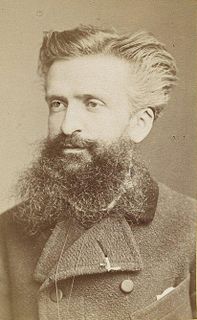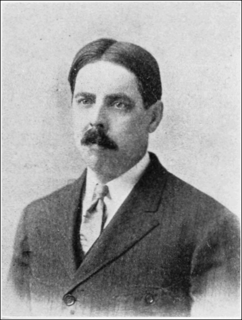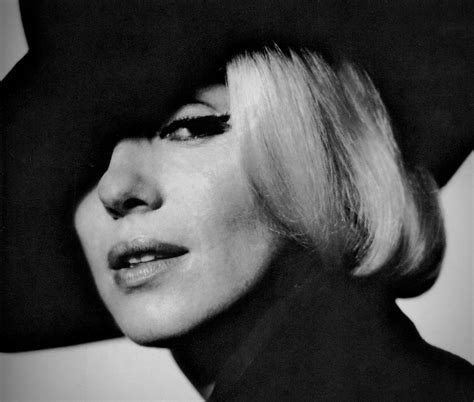A Quote by Jean-Luc Godard
There is no point in having sharp images when you've fuzzy ideas.
Related Quotes
A crowd thinks in images, and the image itself calls up a series of other images, having no logical connection with the first...A crowd scarcely distinguishes between the subjective and the objective. It accepts as real the images invoked in its mind, though they most often have only a very distant relation with the observed facts....Crowds being only capable of thinking in images are only to be impressed by images.
The point here is not just that an image represents God as having body and parts, whereas in reality he has neither. But the point really goes much deeper. The heart of the objection to pictures and images is that they inevitably conceal most, if not all, of the truth about the personal nature and character of the divine Being whom they represent.
As an educator, I try to get people to be fundamentally curious and to question ideas that they might have or that are shared by others. In that state of mind, they have earned a kind of inoculation against the fuzzy thinking of these weird ideas floating around out there. So rather than correct the weird ideas, I would rather them to know how to think in the first place. Then they can correct the weird idea themselves.




































